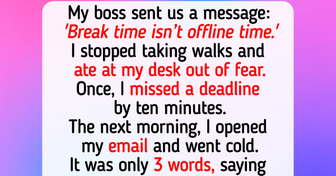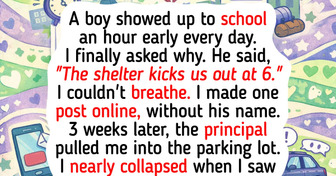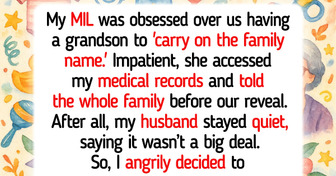I Refuse to Pay My Daughter’s College Tuition — Her Stepdad Is a Millionaire

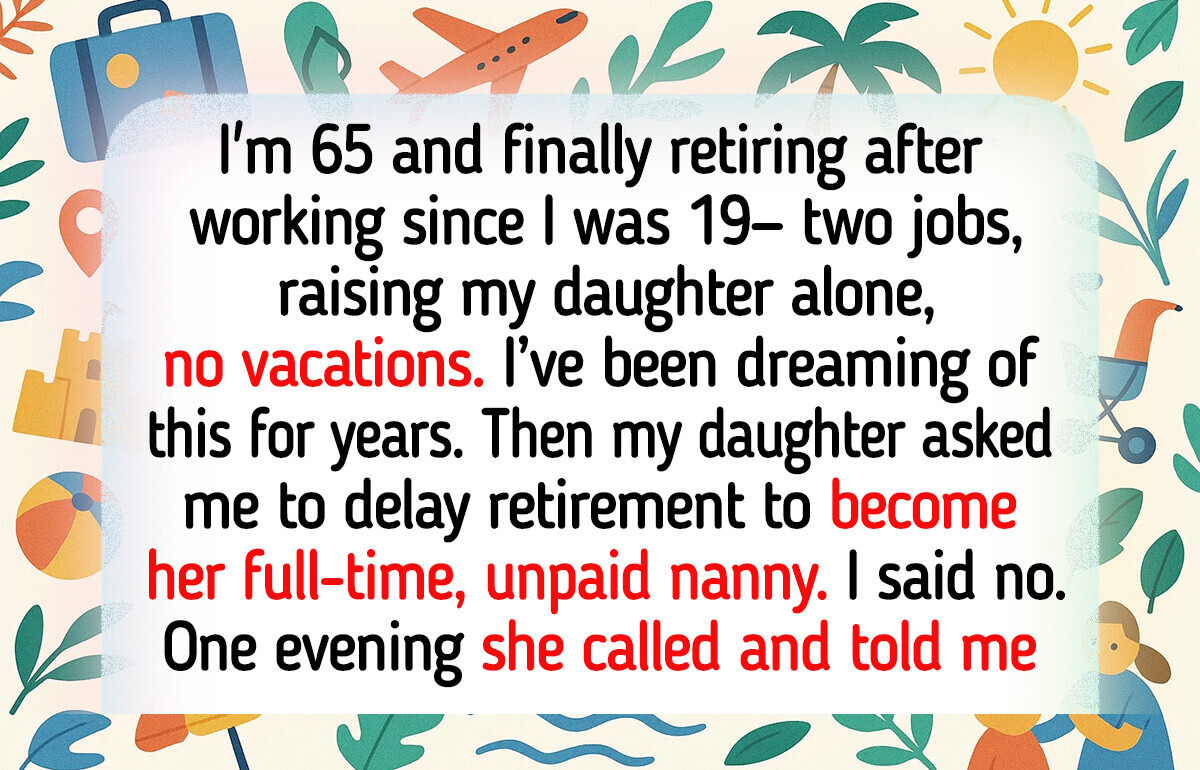
A reader recently reached out with a question that many older adults quietly face: After a lifetime of working and caregiving, is it selfish to say no when your adult children ask for more?
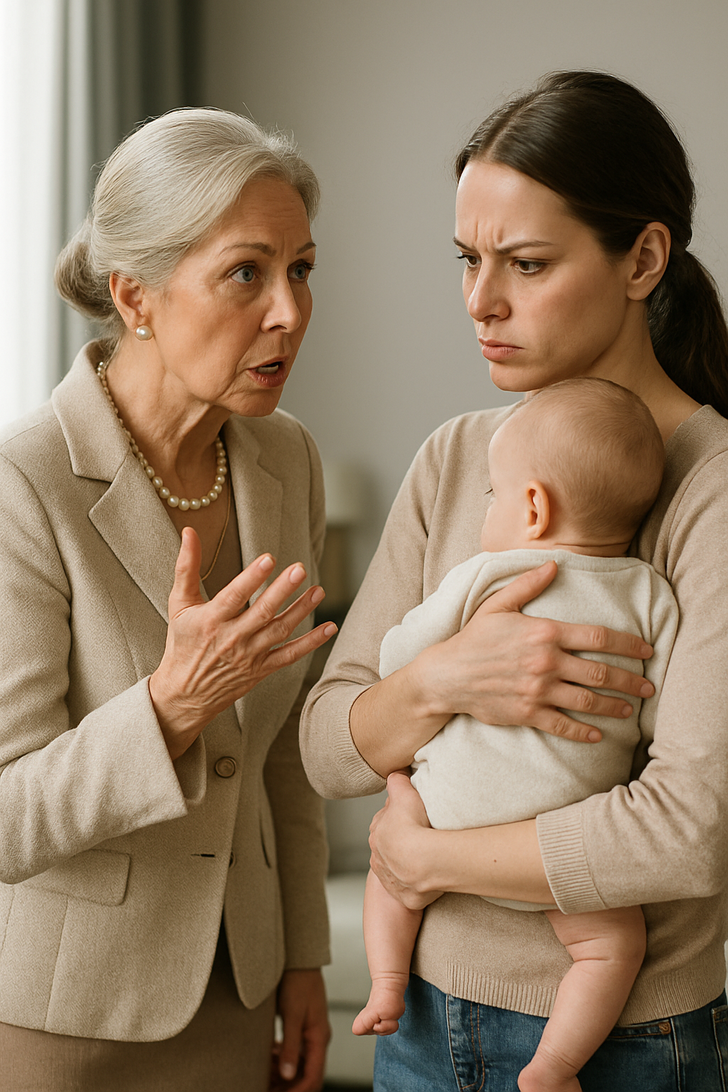
I’m 65 and finally retiring after working since I was 19 — two jobs, raising my daughter alone, no vacations. I’ve been dreaming of this moment for years.
Then my daughter asked me to delay retirement... to become her full-time, unpaid nanny. I said no.
She says I’m being selfish for saying no.
One evening, she called and told me something like, “But what else are you going to be doing? Sitting around watching TV?” Then came the guilt trip, “After everything you did for me, can’t you do this one thing for your grandkids?”
Honestly? I’ve done the one thing. A hundred times. I’ve been the rock for decades. I’m tired. I didn’t work 40+ years just to immediately jump into another unpaid full-time job.
Now she’s upset. Her husband’s being cold. Even my sister called and said I’m being selfish. But no one was offering to help me when I was burning out raising a kid alone.
I love my grandkids. But I’m not giving up my retirement to do this all over again.
I just want to rest. Is that so much to ask?
Thank you for your story!

While many grandparents do love spending time with their grandkids, there are plenty of understandable reasons they’re not always available to babysit or help out as much as you’d like.
1. Their calendars are packed too.
Your parents might be as busy as you are. Social psychologist Susan Newman points out that many grandparents today are active and health-focused. They’ve spent decades working and are used to having full schedules—gym classes, book clubs, volunteer work, and social outings are their norm. They’re not being selfish; they’re simply living full lives.
2. They’re still working.
The average first-time grandparent in the U.S. is just 50—still prime working years for many. Between full-time jobs and personal commitments, squeezing in time for babysitting isn’t always realistic. It’s not about not wanting to help—it’s about energy and bandwidth.
3. Health can be a factor.
Even if they don’t talk about it, some grandparents might be dealing with aches, meds, or health conditions that make childcare tough. Holding a newborn or chasing a toddler around might feel more intimidating than it did when they were raising kids.
4. They want to enjoy grandparenting, not parent again.
Some grandparents aren’t looking to be full-time helpers or backup parents. They want to build fun memories and bond with their grandkids—not necessarily take over diaper duty for the weekend. That doesn’t mean they don’t love their role—it just means they see it differently.
5. Feelings matter.
If your relationship with your parents has been a bit distant over the years, expecting them to jump right into hands-on grandparent mode might feel jarring to them. As psychologist Carl Pickhardt says, many adult kids reappear suddenly when a baby arrives—and grandparents may need time to adjust emotionally, too.

As kids grow up, the healthiest parent—child relationships evolve too. Instead of clinging to the past or expecting repayment in the form of attention or sacrifice, it’s better for parents to find fulfillment in their own lives. True connection comes not from guilt or obligation, but from mutual respect and the freedom to grow—on both sides.
Modern grandparents are showing up in all kinds of ways—and not always how we expect. The best thing you can do is talk openly, respect their boundaries, and appreciate whatever role they’re comfortable playing. Sometimes, just showing up with love is enough.
My Daughter Treated Me Like a Free Maid, but I Turned the Tables on Her



